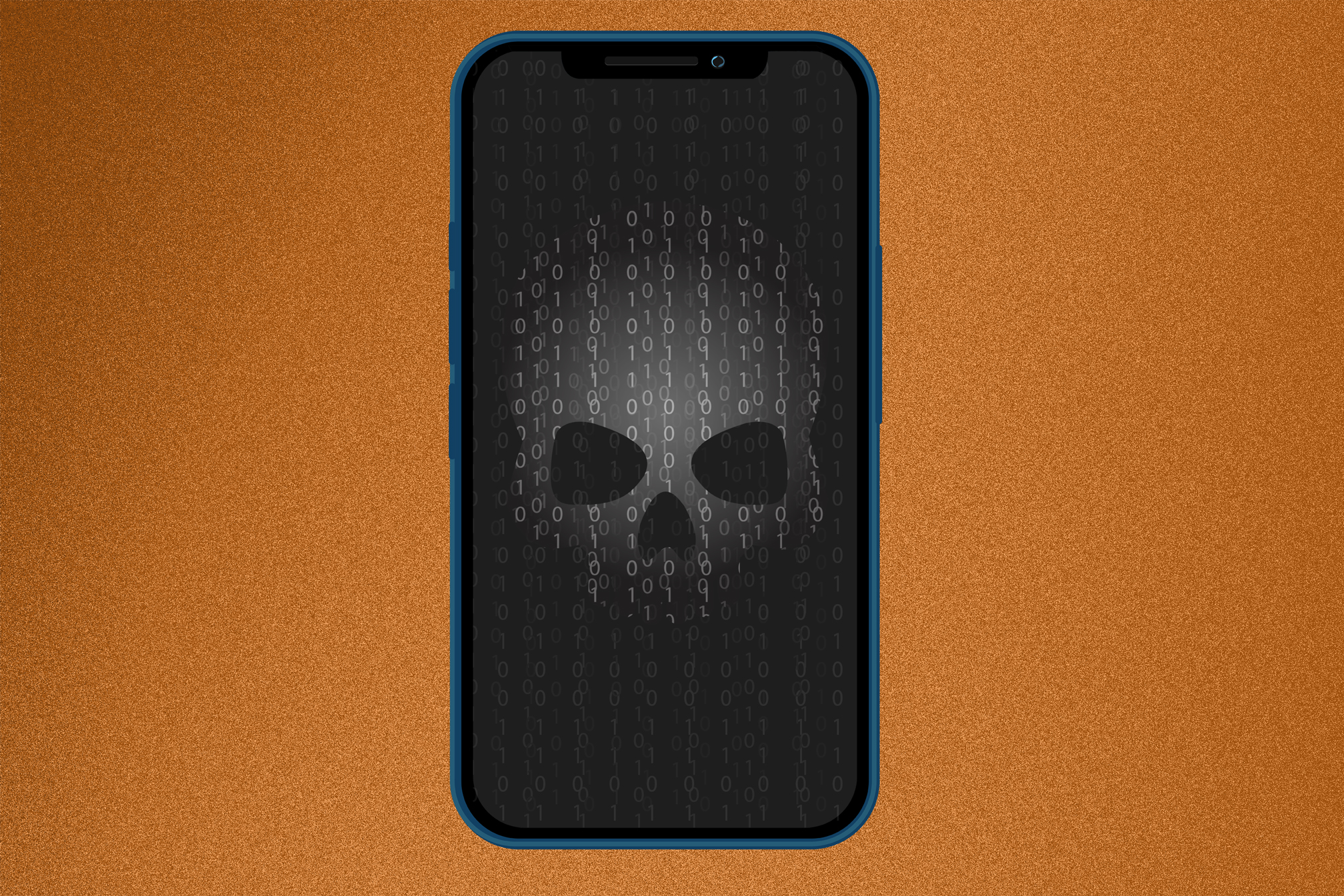Table of Contents
Introduction
Can iPhones get viruses? This is a question that has sparked curiosity among iPhone users worldwide. iPhones are often perceived as immune to viruses and malware, thanks to Apple's robust security measures. However, no device is entirely invincible, and understanding the risks associated with iPhone security is crucial for safeguarding your personal data.
With millions of people relying on iPhones for communication, banking, and storing sensitive information, the topic of iPhone security falls under the category of "Your Money or Your Life" (YMYL). This means that any misinformation could potentially harm users financially or emotionally. Therefore, it's essential to address this topic with expertise, authority, and trustworthiness.
In this article, we will explore whether iPhones can get viruses, how Apple protects its devices, and what steps you can take to ensure your iPhone remains secure. By the end, you'll have a comprehensive understanding of iPhone security and actionable tips to keep your device safe.
Read also:Jameliz Av The Ultimate Guide To Understanding Her Impact And Influence
Can iPhones Get Viruses?
The short answer is yes, iPhones can get viruses, but it's extremely rare. Unlike Android devices, which are more susceptible to malware due to their open ecosystem, iPhones operate within a closed environment managed by Apple. This closed system, combined with iOS's stringent security protocols, makes it challenging for viruses to infiltrate an iPhone.
Viruses on iPhones typically occur when users jailbreak their devices. Jailbreaking removes Apple's built-in restrictions, allowing users to install unauthorized apps and tweaks. While this may seem appealing, it significantly increases the risk of malware infections. Additionally, downloading apps from unverified sources or clicking on suspicious links can also expose your iPhone to potential threats.
How iPhones Protect You from Viruses
Apple has implemented several layers of security to protect iPhones from viruses and malware. These include:
- Sandboxing: Each app runs in its own isolated environment, preventing it from accessing other apps' data.
- App Store Verification: All apps must pass Apple's strict review process before being published on the App Store.
- Encryption: iPhones use end-to-end encryption to protect your data from unauthorized access.
- Regular Updates: Apple frequently releases software updates to patch vulnerabilities and enhance security.
These measures make it incredibly difficult for viruses to infect an iPhone. However, no system is perfect, and users must remain vigilant to avoid potential threats.
Common Misconceptions About iPhone Security
There are several misconceptions about iPhone security that need to be addressed:
Myth 1: iPhones Are Completely Immune to Viruses
While iPhones are less vulnerable than other devices, they are not entirely immune. Malware can still affect iPhones, especially if users engage in risky behavior like jailbreaking.
Read also:Wasmo Somali Channel Telegram Everything You Need To Know
Myth 2: Only Android Devices Get Viruses
This is a common misconception. While Android devices are more susceptible to malware due to their open ecosystem, iPhones are not immune. Users should not assume their devices are safe without taking precautions.
How iPhones Can Get Infected
Although rare, iPhones can still get infected under certain circumstances:
- Jailbreaking: Removing Apple's restrictions exposes your device to malware.
- Phishing Attacks: Clicking on malicious links in emails or messages can lead to infections.
- Unverified Apps: Downloading apps from third-party sources increases the risk of malware.
Signs of a Virus on Your iPhone
Identifying a virus on your iPhone can be challenging, as symptoms may mimic other issues. However, here are some common signs to watch for:
- Unexpected pop-up ads or redirects.
- Battery draining faster than usual.
- Unexplained data usage spikes.
- Apps crashing frequently.
How to Protect Your iPhone from Viruses
Prevention is always better than cure. Here are some tips to keep your iPhone secure:
- Only download apps from the official App Store.
- Avoid clicking on suspicious links or attachments.
- Enable two-factor authentication for added security.
- Keep your iOS software up to date.
- Use a reliable antivirus app for extra protection.
What to Do If Your iPhone Is Infected
If you suspect your iPhone has been infected, take the following steps:
- Restart your device to clear temporary files.
- Uninstall any suspicious apps.
- Run a malware scan using a trusted antivirus app.
- Restore your iPhone to factory settings if the issue persists.
iOS Security Features You Should Know
Apple has equipped iPhones with several advanced security features:
Data Encryption
All data on your iPhone is encrypted by default, ensuring your information remains private.
Face ID and Touch ID
These biometric authentication methods add an extra layer of security to your device.
Conclusion
In summary, while iPhones are less likely to get viruses compared to other devices, they are not completely immune. Apple's robust security measures, including sandboxing, app verification, and encryption, provide strong protection. However, users must remain cautious and adopt safe practices to minimize risks.
We encourage you to share this article with friends and family to help them stay informed about iPhone security. If you have any questions or experiences to share, feel free to leave a comment below. For more tips on device security, explore our other articles on this site.

